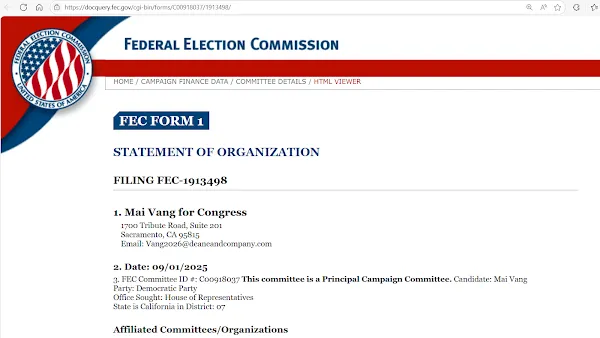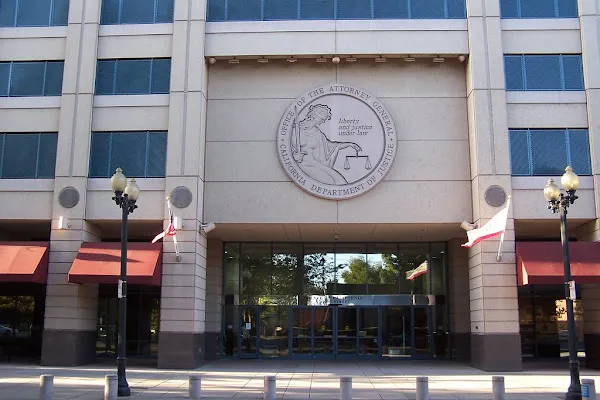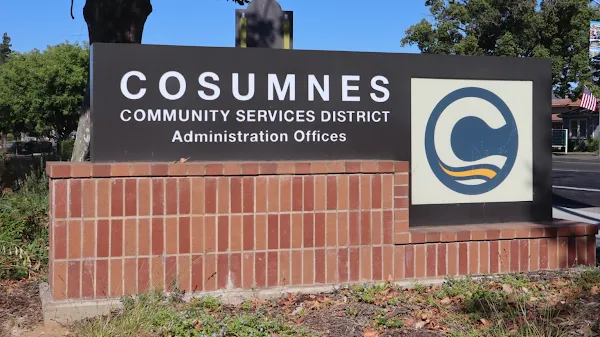Table of Contents
By Dan Bacher | May 28, 2013Bill Jennings, executive director of the California Sportfishing Protection Alliance, began his presentation in the public comment period of the Delta Stewardship Council meeting on May 16 by stating, "Good morning, welcome to the resumption of California's water wars." In spite of massive opposition to the Final Delta Plan by environmentalists, fishermen, family farmers and most elected officials who attended the meeting, the Council unanimously adopted what it described as a "comprehensive management plan" for the Delta. However, it was the Westlands Water District, not an environmental or fishing group, that fired the first volley in the resumption of the water wars by filing a lawsuit against the Delta Plan, claiming that the plan would “limit” the water available for export.
Westlands joined the San Luis and Delta-Mendota Water Authority in a legal action filed in the Sacramento Superior Court to require the Delta Stewardship Council to revise the Delta Plan “to be consistent with the 2009 Delta Reform Act, which created the Council,” according to a Westlands news release. “In particular, the action asserts that the Delta Plan fails to achieve the co-equal goals of Delta ecosystem restoration and water supply reliability established by the Act,” the district said. Tom Birmingham, General Manager of the Westlands Water District, said, “The fundamental problem with the Delta Plan is that it goes well beyond the statutory authority granted by the Legislature. That extension of authority will impact the ability of the State to manage current water supplies and develop new infrastructure to secure California’s future needs.” Birmingham said the Delta Reform Act established four significant roles for the Council: coordinating numerous state agencies around the Delta to ensure consistency, managing the development of a new Delta Science Plan, prioritizing levee investments in the Delta, and providing a forum for appeals to assess consistency with the Delta Plan. “Instead, the Delta Plan undermines the coequal goals of water supply reliability by seeking to reduce water conveyed through the Delta for existing needs," the district stated. "Ironically, it limits the use of exported water instead of promoting or identifying actions that will meet water needs." “Since the Delta Plan Reform Act requires that the BDCP be incorporated into the Delta Plan, the Plan must be consistent with the goals of the BDCP. Rather than meeting the requirement of the Act, the Delta Plan impedes rather than promotes effective implementation of the BDCP,” the release continued. “As growers continue to struggle with chronic water shortages and adverse regulatory decisions, further actions like this only thwart progress toward a reliable water supply that provides food, jobs and economic activity that our region depends upon,” concluded Birmingham. The latest litigation filed by Westlands is one in a long string of lawsuits filed by the powerful water district, located on the west side of the San Joaquin Valley, to restrict or halt fish restoration. The district, in a lawsuit originally filed in conjunction with the Northern California Power Association and SMUD, failed in its attempt to block Trinity River restoration when the Ninth Circuit Court of Appeals in 2004 ordered the release of flows mandated under the Trinity River Record of Decision (ROD) of December 2000. Fishing groups, environmental groups and Indian Tribes also oppose the Final Delta Plan, though for entirely different reasons. They say that the implementation of the plan will result in the death of the Sacramento-San Joaquin River Delta ecosystem. "The Delta Plan fails to comply with the law, and perpetuates an unsustainable status quo that enriches a few powerful water brokers at the expense of reliable water supplies and healthy fisheries," said Bill Jennings. "It is a classic shell game to benefit special interests and, if implemented, would represent a death sentence for one of the world's great estuaries." “The Council has squandered a marvelous and unique opportunity," emphasized Jennings. "Because the Council failed to identify and analyze the root causes of California’s water crisis – over-appropriation, unreasonable use, failure to balance the public trust – the Delta Plan and EIR largely recommends that agencies should continue to do the same things that created the crisis in the first place. The Plan and EIR ignore history and are predicated on an artificial reality. They’re little more than omelets of half-truth and distortion to justify predetermined conclusions." Caleen Sisk, Chief and Spiritual Leader of the Winnemem Wintu Tribe, responded to the filing of the Westlands lawsuit by stating, “The water wars are well under way in California. It’s really about the transport of Northern California water by ignoring the ‘First in Time - First in Use’ Water Rights of the Northern California Tribes!” The Brown administration has failed to consult with California Indian Tribes, as required by state and federal law, in the development of his water plans. Delta advocates oppose Governor Brown's plan to build the peripheral tunnels because it will hasten the extinction of Central Valley Chinook salmon, Delta and longfin smelt and other fish populations and will take Delta farmland, among the most fertile on the planet, out of production in order to irrigate unsustainable, toxic land on the west side of the San Joaquin Valley. For more information about the history of Westlands Water District, please read Lloyd Carter's impeccably researched article in the Golden Gate Environmental Law Journal, Fall 2009: http://www.c-win.org/sites/default/files/GGU-ELJ.pdf





